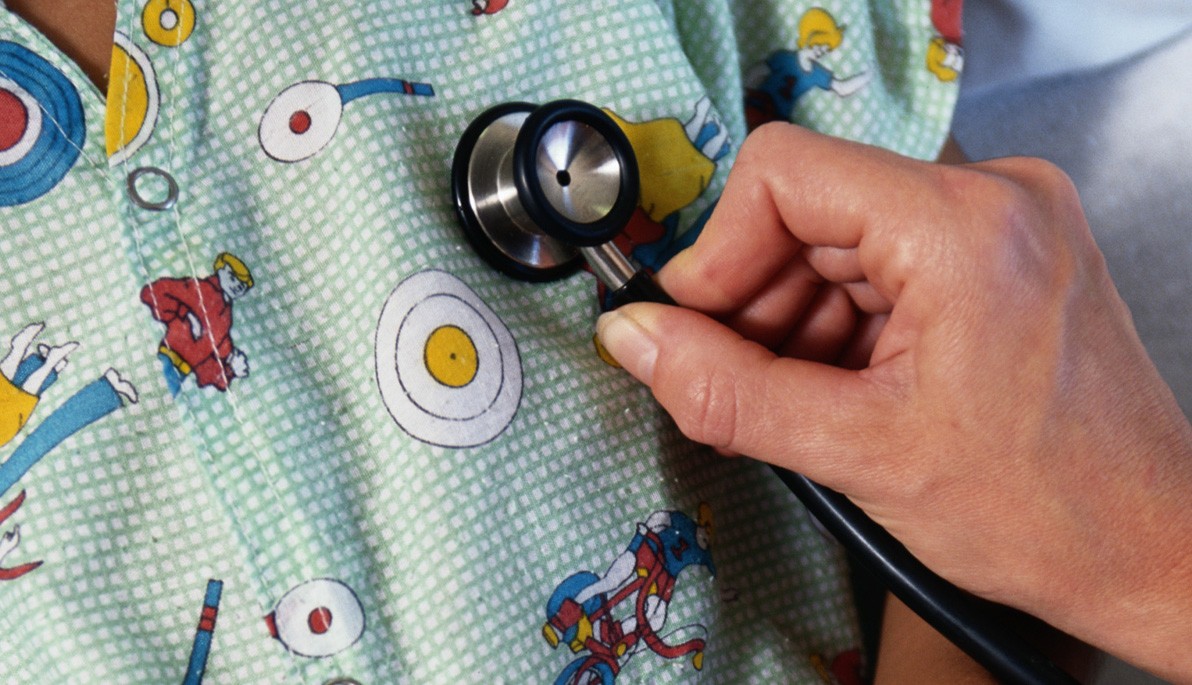News
February is American Heart Month
February 7, 2024
Every 33 seconds, a person in the United States dies from cardiovascular disease. In fact, nearly half of Americans are smokers or have high blood pressure or high blood cholesterol—the three key risk factors for heart disease, the leading cause of death in the nation.
During the month of February, the U.S. government recognizes American Heart Month. An annual tradition since 1963, February serves as a time to raise awareness for heart disease and educate Americans about lifestyle improvements that could reduce their risk of developing cardiovascular disease.
Physicians and experts from the College of Osteopathic Medicine (NYITCOM) are also doing their part, with several faculty members currently leading research efforts to study and discover breakthroughs in heart health.
Recognized by the American Heart Association
In January 2024, Vishwa Rajagopalan, Ph.D., associate professor of biomedical and anatomical sciences at the College of Osteopathic Medicine at Arkansas State University (NYITCOM-Arkansas), secured a two-year $154,000 grant from the American Heart Association (AHA) to study cardiovascular dysfunction.
Rajagopalan, who is a fellow of the Cardiovascular Section of the American Physiology Society, is conducting research that investigates how ribonucleic acid (RNA), a molecule present in most living organisms and viruses, may impact cardiac dysfunction. His study will investigate the importance of a key long noncoding RNA in mediating heart attacks associated with thyroid hormone abnormalities.
The team, which includes NYITCOM-Arkansas and Arkansas State University students and a researcher from the University of Tennessee, will use a modified form of CRISPR and other cutting-edge biomedical technologies to complete their work. Their findings may help to one day lead to future RNA-based treatments that could improve heart function and, in turn, decrease cardiovascular-related death.
Rajagopalan’s current research effort is particularly important in Arkansas and the Mississippi Delta region, where cardiovascular disease is notably more present than in other regions of the country. Previously, he has also conducted other extensive research at NYITCOM regarding the effect of thyroid hormone on heart function and associated disorders.
NIH-Funded Cardiovascular Research
In July 2023, several faculty from NYITCOM’s Department of Biomedical Sciences secured federal grants to support studies aiming to advance the scientific understanding and treatment of critical health conditions, including heart failure and hypertension (high blood pressure).
The National Institutes of Health (NIH) National Heart, Lung, and Blood Institute awarded Professor of Biomedical Sciences Qiangrong Liang, M.D., Ph.D., a $428,400 grant in support of a three-year project that strives to prevent long-term heart damage in cancer survivors previously treated with the medication doxorubicin (DOX).
The extremely effective and wide-spectrum anticancer drug’s use can lead to heart failure, presenting serious lifelong health problems to cancer survivors treated with DOX. In collaboration with Associate Professor of Biomedical Sciences Youhua Zhang, M.D., Ph.D., Senior Research Associate Yuan Huang, M.D., and Professor and Department Chair Martin Gerdes, Ph.D., Liang plans to uncover strategies to reduce DOX’s cardiotoxicity without compromising its antitumor efficacy.
The NIH National Heart, Lung, and Blood Institute also awarded Associate Professor Maria Alicia Carrillo Sepulveda, Ph.D., B.S.N., a $428,400 grant for a three-year project to investigate how obesity leads to the development of high blood pressure.
Obesity accounts for an estimated 70 percent of primary hypertension cases. However, the exact biological processes leading to obesity-related hypertension remain unknown. In addition, today’s antihypertensive medications are not specifically developed for patients with obesity, which could explain why they are less effective in treating this at-risk population.
However, findings by Sepulveda and her research team, which includes Associate Professor of Biomedical Sciences Olga Savinova, Ph.D., Assistant Professor of Anatomy Akinobu Watanabe, Ph.D., medical student Nicole Maddie, and a researcher from Columbia University, could inform the development of new hypertension treatments for patients with obesity. Their work analyzes how biochemical changes to a protein and hormone involved in body fat may contribute to vascular damage resulting in hypertension.
Disseminating Ideas at Seminars
In September 2023, NYITCOM hosted the second annual New York City Area Inter-Institutional Cardiovascular Retreat. The event brought together researchers from the Department of Biomedical Sciences as well as peers from esteemed research institutions like the Albert Einstein College of Medicine, Icahn School of Medicine at Mount Sinai, and New York University, among others. Faculty and students from the medical school showcased their findings, including an examination of caffeine’s effects on heart rhythm, research imaging technology, and vascular calcification with dementia.
The seminar also featured a presentation by Director of the DeMatteis Cardiovascular Institute in Greenvale, N.Y., and board-certified cardiologist Ziad Ali, M.D., D.Phil. Since fall 2022, Ali has taken NYITCOM students, like Karen Chau, under his wing to participate in the institute’s cardiac research studies. Chau assisted in an imaging study visualizing coronary artery calcification and analyzing calcium plaque formation.
Read more about the ways research by NYITCOM faculty and students have been getting to the “heart of the matter.”



_Thumb.jpg)

